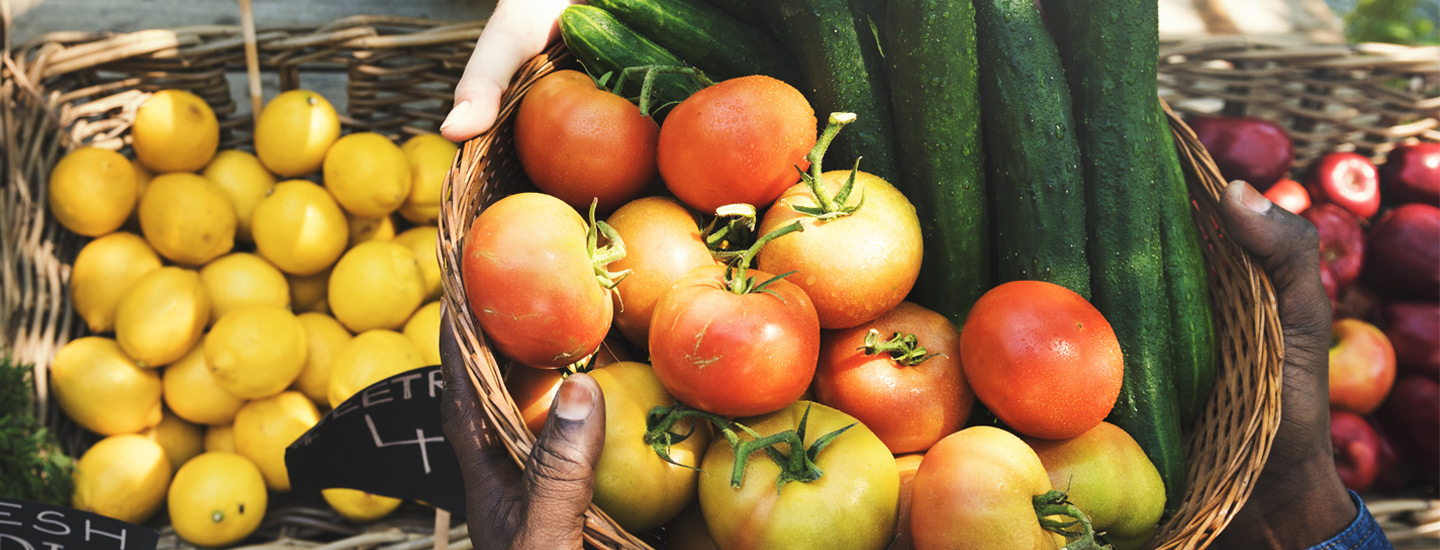Harry Chapin Food Bank helps Seniors in Southwest Florida meet nutritional needs.
They were a generation that toughed out the hard times with grace, who simultaneously built Wall Street and strengthened the manufacturing industry, and who understood the value of a dollar as they built the American middle class. Seniors over 65 have seen economic crisis, war, moon landings, and the birth of the digital age. But in their later years, they may be seeing hunger. Currently, 6.7% of Florida’s senior population are food insecure, which is why seven of our Feeding Florida food banks offer senior feeding programs.
There are several contributing factors to senior hunger in Florida, such as fixed income, lack of transportation, increased healthcare needs and more. Hunger poses such a large threat to this population because it can worsen, causing chronic illness and health problems that can be life-threatening, such as diabetes.
Senior hunger is a hidden issue, especially in Southwest Florida, which is why Harry Chapin Food Bank established the Care & Share Senior Feeding Program. This application-only program aims to supplement the diets of a caseload of low-incomes seniors with food that meets their nutritional needs in Charlotte, Collier and Lee counties.
Individuals over the age of 60 years with a gross income at or below 130 percent of the federal poverty line are eligible for this support. Harry Chapin works with selected partner agencies and senior housing sites to identify participants and also to serve as distribution centers, since lack of transportation (which results in a lack of access) is often a contributing factor to senior hunger.
Each month, individuals are provided food kits that contain easy-to-prepare foods, cheese, shelf-stable fruits and vegetables, proteins, and grains, as well as fresh produce and perishable foods when possible. Ensuring that seniors have access to fresh foods and produce helps to promote overall health and nutrition, which is crucial with this aging population.
“Adequate nutrition is necessary for health, quality of life and vitality,” said a staffer member at Harry Chapin Food Bank. “Unfortunately, for a variety of reasons, many seniors do not eat as well as they should. This can lead to poor nutrition or malnutrition. Reducing calorie intake can also easily get mistaken as a disease or illness.”
Malnutrition may also be the result of some socioeconomic risk factors, including living on a fixed income, increased healthcare needs, and a higher cost of living than initially planned for. But this doesn’t have to be their fate. Our community can come together. One of the main ways Southwest Floridians can help support Harry Chapin in their efforts to end senior hunger is to volunteer their time at the food bank distributing meal kits. And as always, any financial contributions are always welcome.
To learn more about Harry Chapin’s Care & Share Senior Feeding Program, visit https://harrychapinfoodbank.org/our-impact/programs/feeding-seniors/


